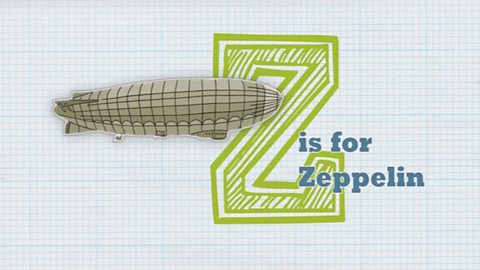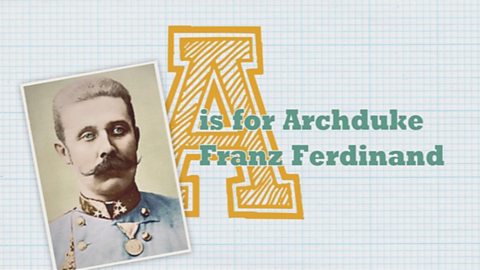Your Country Needs You is a famous propaganda image.
Propaganda was used to get men to fight for their country.
It was also used to get people to hate the Germans.
A lot of Germans who lived in Britain were put in internment camps.
Friedrich Gerhard Muller. 42 years of age. Prisoner in Knockaloe Internment Camp.
Here I pass the time painting but I used to be a baker. IÔÇÖm not good at painting but I was a good baker. People used to come to my shop from all over London.
I was born in Germany but my father came to London in 1887 to open a bakery. When I grew up I took over the business, married an English woman and had two children. Britain was my home.
When the war started, this picture ended up everywhere - Lord Kitchener, pointing his finger saying ÔÇÿYour country needs youÔÇÖ. I thought he was pointing at me.
Stories and rumours about the Germans started to go round. They said ÔÇÿThe Germans are Huns, cruel, ruthless barbarians. They murder women and babies.ÔÇÖ
People started to believe that these lies were true and stopped coming to my shop. They preferred to buy their bread from bakers with British names.
Then in May 1915 when a German U boat sunk the Lusitania things got even worse. People smashed my shop window and boys threw stones at my son. They called him a ÔÇ£Filthy GermanÔÇØ.
Two days later along with thousands of other Germans I was arrested. They said weÔÇÖd be taken to Knockaloe. As they marched us to the station, people shouted. ÔÇÿMurderer, Baby Killer, HunÔÇÖ. Some people even spat at us as we passed. This was my city. These people were my neighbours, my customers, my friends.
I have been in Knockaloe for 3 years. I donÔÇÖt know where IÔÇÖll go when the war is over. I used to think Britain was my country but it isnÔÇÖt. When Kitchener pointed his finger he didnÔÇÖt mean me ÔÇô my country didnÔÇÖt need me.
Video summary
A selection of British newspaper headlines from World War One suggest the impact propaganda had on the Home Front.
Attitudes towards foreigners and particularly Germans became more hostile.
In a dramatic monologue, Friedrich Muller, a German man settled in Britain, describes his experience of the growing intolerance.
The iconic image of General Kitchener and his message ÔÇÿYour Country Needs YouÔÇÖ made Friedrich feel isolated and excluded.
His friends and neighbours turned against him, his shop was vandalised and Friedrich ends up in an internment camp on the Isle of Man.
This clip is form the series WW1 A to Z.
Teacher Notes
Was Britain right to deliberately use provocative and biased language to stir up anti-German feelings during the war years?
Pupils could debate the question and vote on their response.
Pupils could select examples of powerful propaganda images and discuss the language used.
They could re-word some of the messages in more measured and neutral terms and note how this mutes their impact.
Can the children find examples of biased language in todayÔÇÖs advertising?
This short film is suitable for teaching history at Key Stage 2 / Second Level or above.
X is for Xmas Truce. video
Through newsreel, children's commentary and dramatic monologue, this short film for primary schools tells the story of one Christmas Eve in 1914 when peace broke out in the trenches.

Z is for Zeppelin. video
Newsreel, a school childÔÇÖs commentary and dramatic monologue give an account of the Zeppelin raids on Britain starting in 1915.

A is for Archduke Franz Ferdinand. video
Pictures and commentary explain the beginning of World War One in 1914, sparked by the assassination of Austria-HungaryÔÇÖs Archduke Franz Ferdinand.
